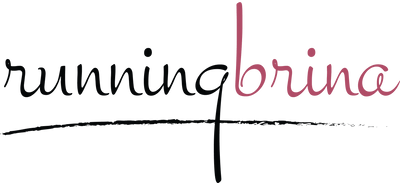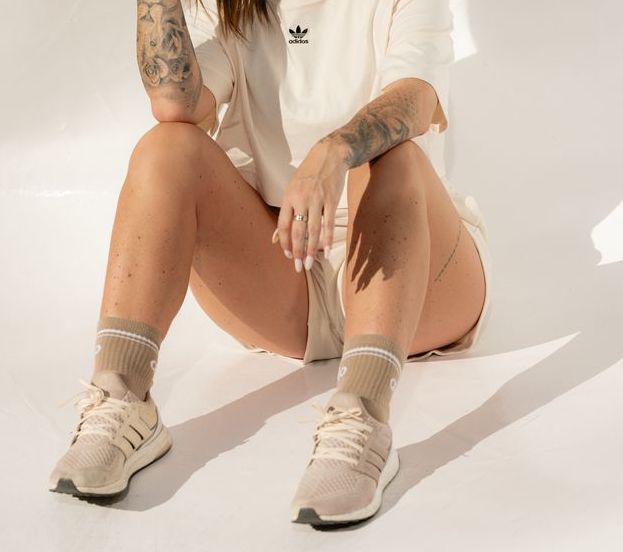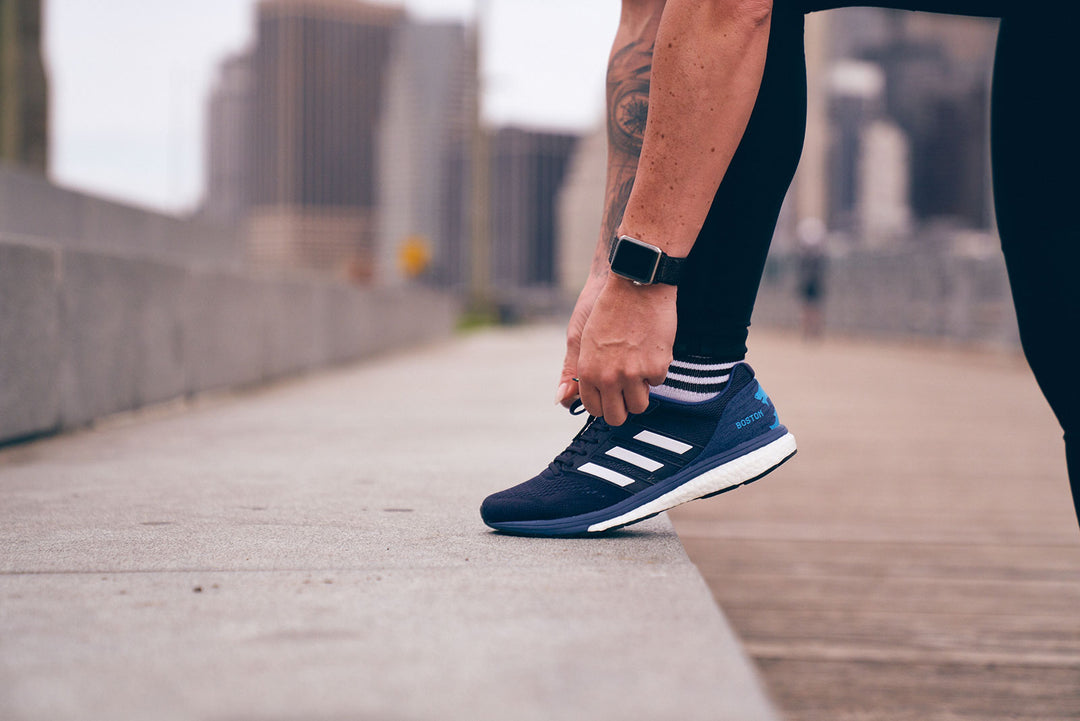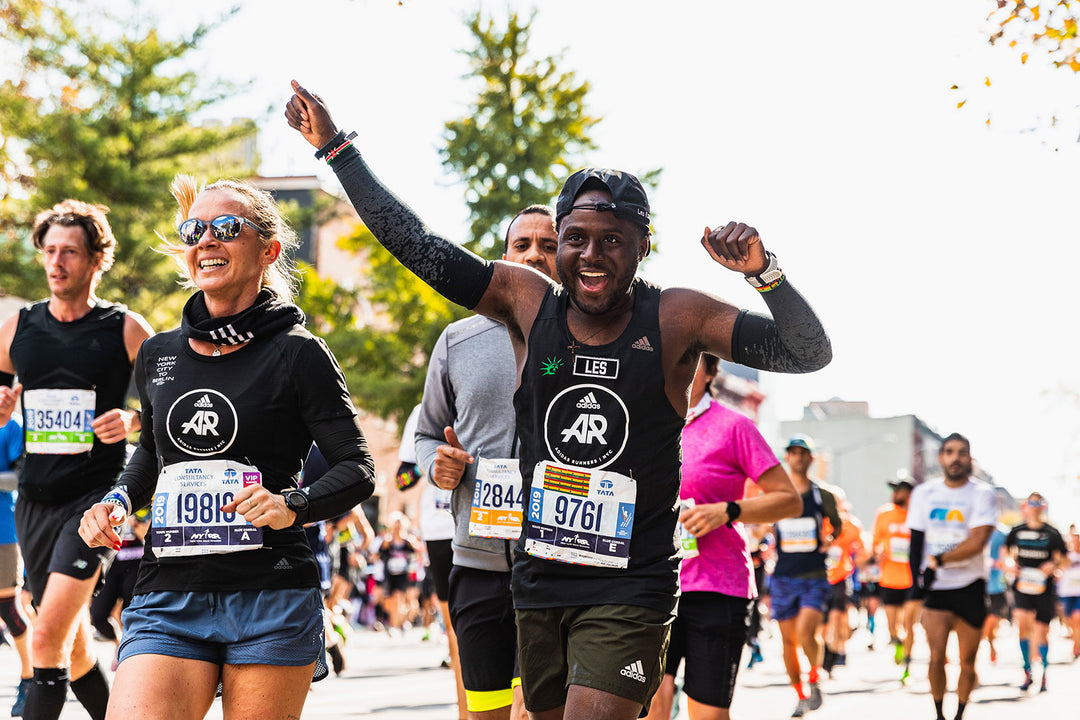Vitamins and Nutrients for Runners
Last Updated:The market is full of vitamins for runners that are supposed to help us stay healthy and injury-free. When I first started to pay more attention to nutrients as an athlete, this topic was a little overwhelming for me.
If you are stressed about the topic or are wondering what the essential vitamins for runners are, look no further than this guide. Our bodies require a balanced diet of nutrients in order to perform great. I’m always a fan of whole foods before taking any kind of vitamins for runners, but it is actually extremely hard to fuel your body with everything you need through food alone. Do you really know how much vitamin C you’re getting per day? Probably not, right? And that’s where taking the best vitamins and nutrients for runners step in.
Do runners need vitamins?
First things first, the easiest way to get a great overview of what vitamin runners need is by getting blood work done by a General Physician. After a few days, you will get results with detailed information about what kind of vitamins you should take as a runner. Equipped with that knowledge, you will know what vitamins are best for boosting your running performance. Below, I will link to my favorite products that I’ve been using for years now for you to check out.What supplements to take when running?
Is protein good for runners?
There’s a false belief that runners do not need to take any form of protein. To some, protein is for weightlifters and bodybuilders only, meaning that endurance athletes hardly have any use for the macronutrient. Nothing could be further from the truth though! Runners can really benefit from taking protein. During longer runs, our bodies start to break down muscle to help stay fueled. A skinny runner oftentimes runs very low on protein - in other words, their muscle mass is very low due to a lack of protein. I can totally see a trend in a body image of looking strong instead of skinny. If your goal is to pack on some muscles, I’d suggest consuming 2 grams per kilogram of your body weight per day. Is protein powder good for runners? Absolutely! If your protein intake after consuming chicken, eggs, fish, and dairy is still too low, the perfect protein for runners is whey protein. You can add it in the morning to your breakfast shake or at night before bed mixed with water or almond milk. Protein is one of the most important nutrients for runners.Should runners take multivitamins?
One of the best and most essential vitamins for runners is a multivitamin. Read the label carefully and make sure that it meets your daily intakes for each runner-friendly nutrient - you will want to be in the 100% range for all of your nutritional requirements. It’s important to know that our bodies absorb non-oxide forms of minerals much better than oxide forms. Check out this multivitamin for runners. It is important to understand though that a multivitamin for runners cannot truly substitute for a poor diet. You will definitely save yourself from specific vitamin and mineral deficiencies, but it is always better for you to benefit from the nutritional density of real foods.Can low iron affect your running?
What exactly is iron? It’s a vital component of hemoglobin - a compound that is responsible for delivering oxygen throughout our bodies. If you find yourself with low energy levels, or you notice that your recovery from running is suffering, you might need a higher iron intake. It is also one of the best vitamins for marathon training. Your iron level should get tested by your doctor before you take an iron supplement. Vegetarians and vegans experience a loss of amounts of iron as well. I had a really good experience with this iron supplement, so if you need a good suggestion, I’d check it out.Do Runners need more calcium?
As an athlete, you want to make sure that you help your body rebound stronger from every run. Calcium supplementation is one of the most important for doing this. In the same way, we need protein to help our muscles repair, we also need calcium for stronger bones. Calcium (and also Vitamin D) are essential for building strong bones and one of the many essential vitamins for runners. By checking your calcium levels regularly you can prevent yourself from getting a stress fracture - for instance - so make sure your diet is high in calcium. If you are not able to consume a few servings of dairy per day, I recommend taking calcium supplements. Adding more of this mineral can be a difference-maker for any runner. A dose of a 500-milligram calcium citrate supplement once per day, with or without food, is the ideal amount. Here’s a great calcium product that I’ve been using for years now.Do athletes need more B vitamins?
You might hear B Vitamins hyped up all of the time, and for good reason! But why exactly are they one of the best vitamins for runners? The reason why runners, or athletes in general, should take B vitamins is that they are responsible for helping your body convert food into the energy you’ll need during your next workout. B vitamins are essential for energy metabolism. Some of them help produce energy during exercise; others help produce red blood cells, synthesize protein, and repair strained tissues. What are the specific B Vitamins? B Vitamins are thiamin, riboflavin, folate, B-6, and B-12. The more active you are as a runner, the more riboflavin and vitamin B-6 you will need. So, if you are not getting enough B vitamins, you can feel a negative impact on your performance. Tip: Check out my favorite B complex vitamin, or even this multivitamin that contains around 100% of your daily recommended intake of these important vitamins. Don’t skip these!Why is beet juice good for runners?
So here’s the deal with beetroot: when I started running, I read in a magazine that drinking bottles and bottles of beetroot juice before a race would help me run faster and longer. But does it really work? Full of naturally occurring nitrates, beets are compounds that convert to nitric oxide in the body while expanding your blood vessels and decreasing the amount of oxygen that you need during running. There is research on beetroot that shows how beetroot can actually improve your 5K race pace by 1-2%. Does beetroot help with running? For me, it has been one of the best vitamins for distance running, as it has completely helped me during my long runs and marathons. My go-to tip is to drink up to 3 cups of beetroot juice the week leading up to the race. I couldn’t stand the taste, so I decided to take beetroot capsules instead.Does exercise deplete vitamin D?
Another very important vitamin for runners is Vitamin D. Pretty much the biggest amount of your intake will come from sunlight. Be wary though: in the wintertime, when sunlight is scarce, you run the risk of getting a Vitamin D deficiency. It is crucial for both bone and muscle health, and when you’re not getting enough of it, you are at a higher risk for injury. How much vitamin D should an athlete take, you may ask? As an essential vitamin for runners, I recommend taking at least 1000 IU per day to maintain the optimal 25 (OH) D status. If you’re already taking a multivitamin, make sure to count in the intake of vitamin D from that supplement as well. Fatty fish, irradiated mushrooms, and some fortified foods, such as milk, orange juice, and cereal contain Vitamin D. It is very difficult to get enough vitamin D from your diet alone, so definitely consider taking a Vitamin D supplement as well.How much potassium does an athlete need per day?
Potassium supplementation is a great idea for runners because it helps balance the fluid and electrolyte levels in your body. As we know, a steady fluid level is responsible for regulating the heartbeat and preventing muscle cramps. Most likely your diet already covers the right amount of potassium, so there’s no extra supplementation necessary. Foods like bananas, baked potatoes, winter squash, milk and yogurt, pinto beans, and spinach are great sources of potassium. How much potassium should an athlete take? It is recommended to take 2,300 mg of sodium and 4,700 mg of potassium every day. Having your electrolytes under control will help you a lot during your training. Especially in the summer, when it’s hot outside and we sweat, even more, it is super important to retain the right amount of water. Consider electrolyte drinks such as Gatorade or Powerade as well. This is my favorite potassium supplement, it’s pretty affordable and works really great.Real food vs supplements
Even though vitamins for runners are pretty accessible nowadays, it is better to get vitamins and nutrients from real food rather than supplements. So again, if you have the choice and the resources, try to take as many vitamins and nutrients for runners through your diet. Always keep in mind that as a runner, your nutrition/vitamins and nutrients are really important for you. First of all: good nutrition for runners is important, not only to maintain good health but also to be able to run your best. Peak performance and a well-balanced diet go hand in hand. That includes getting enough carbohydrates, protein, fats, as well as your vitamins and minerals.
- Most featured running blog, past 6 years
- USATF certified running coach
- Experienced endurance athlete
- 7 marathons
